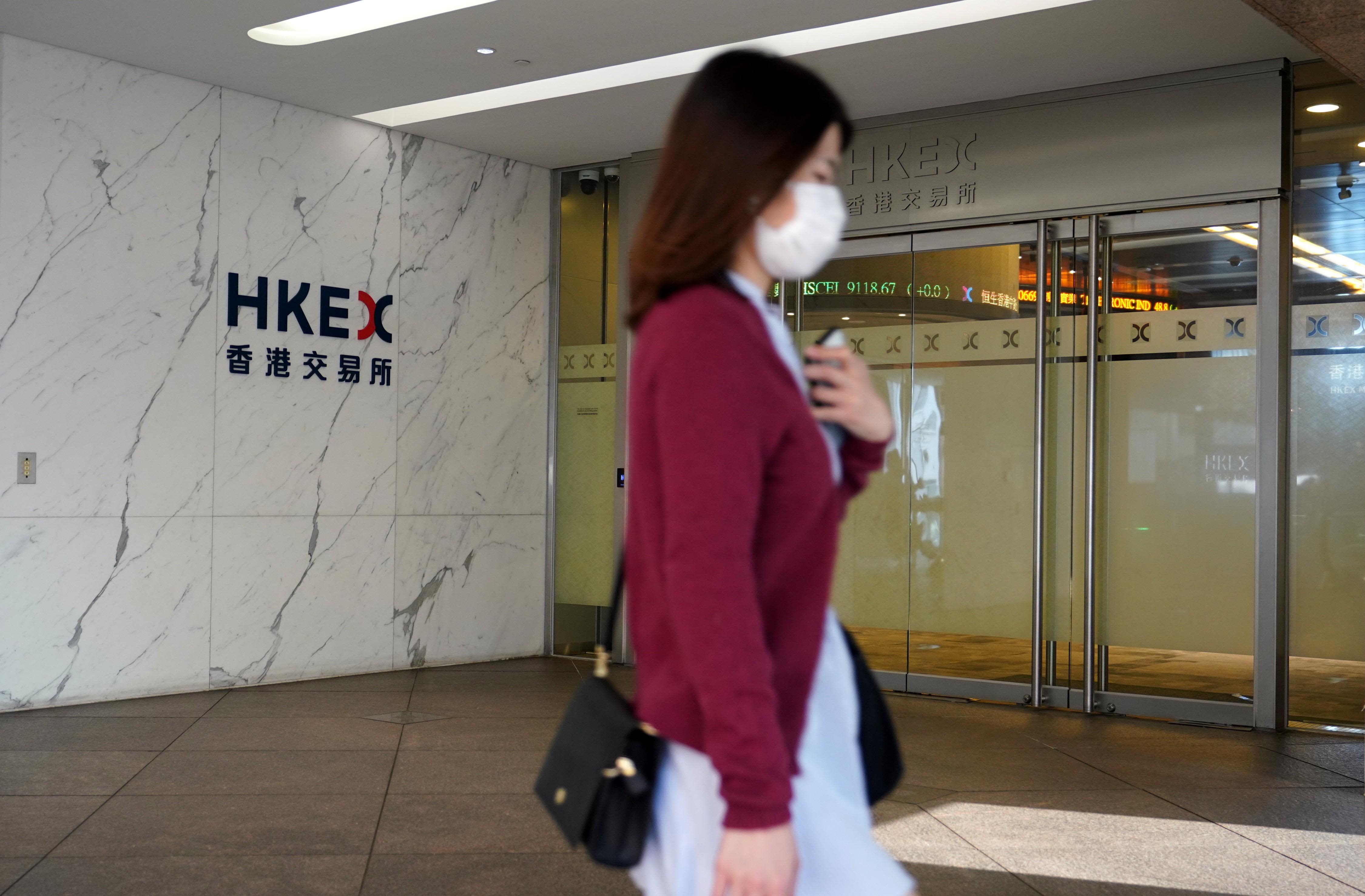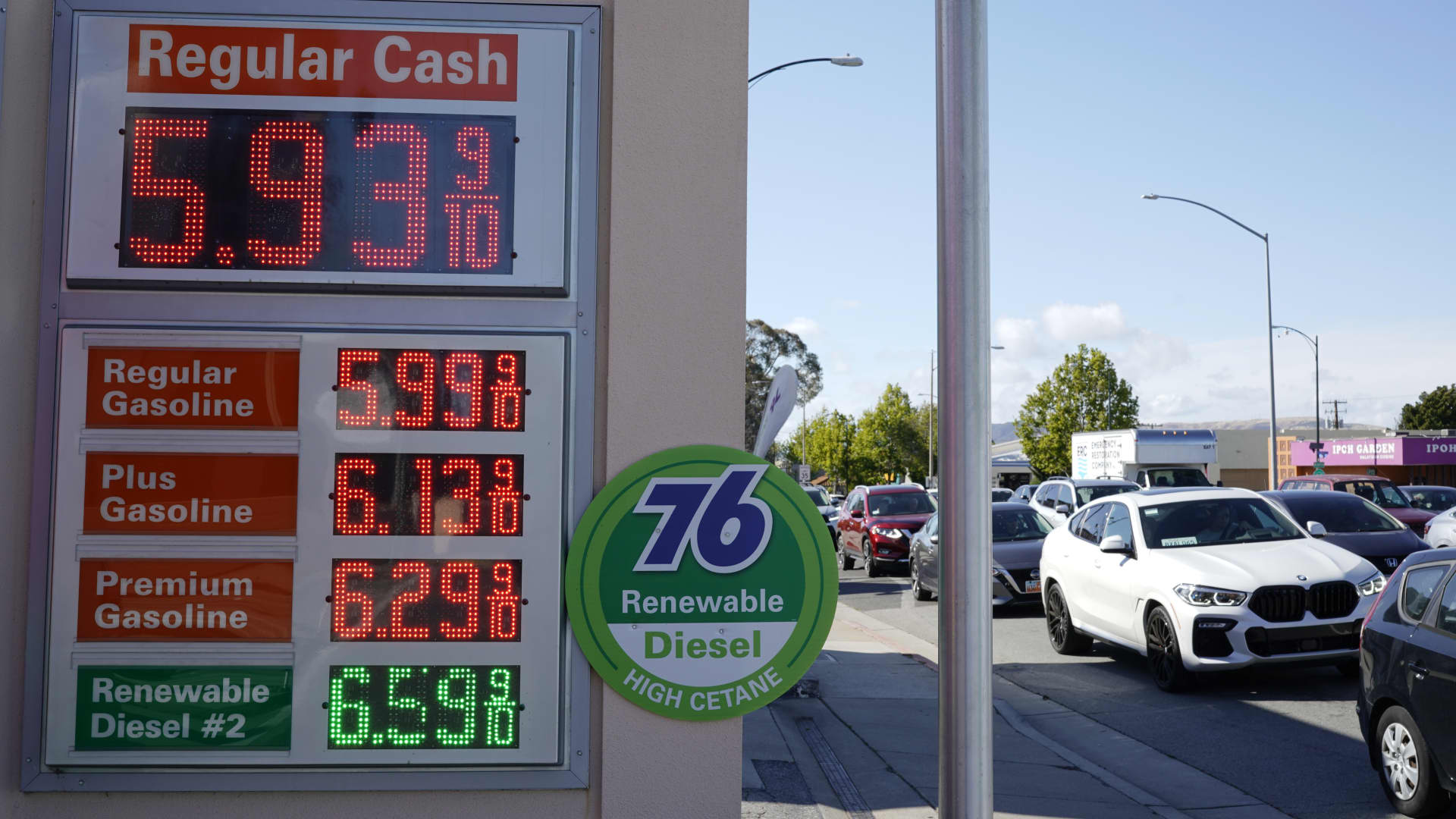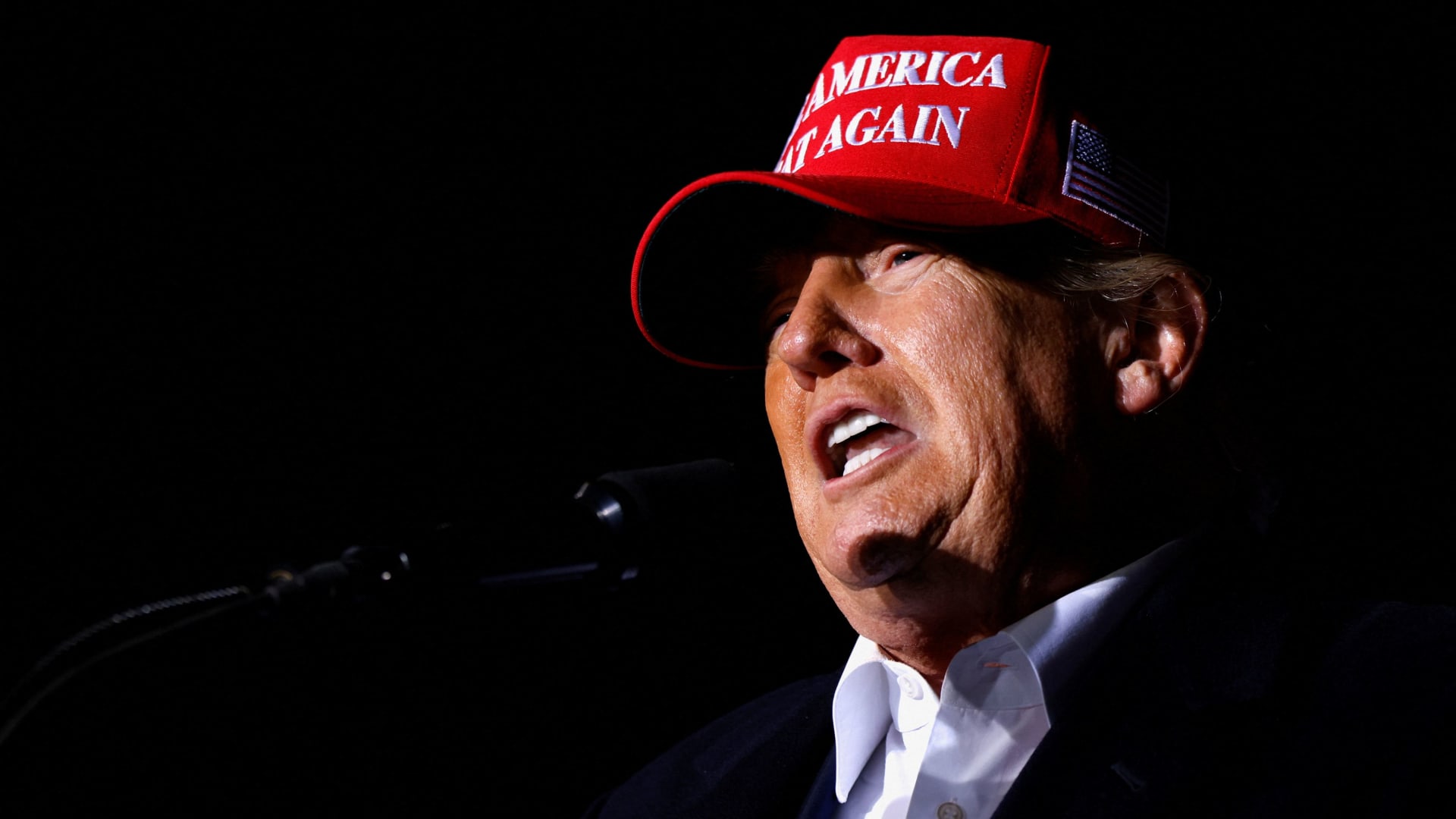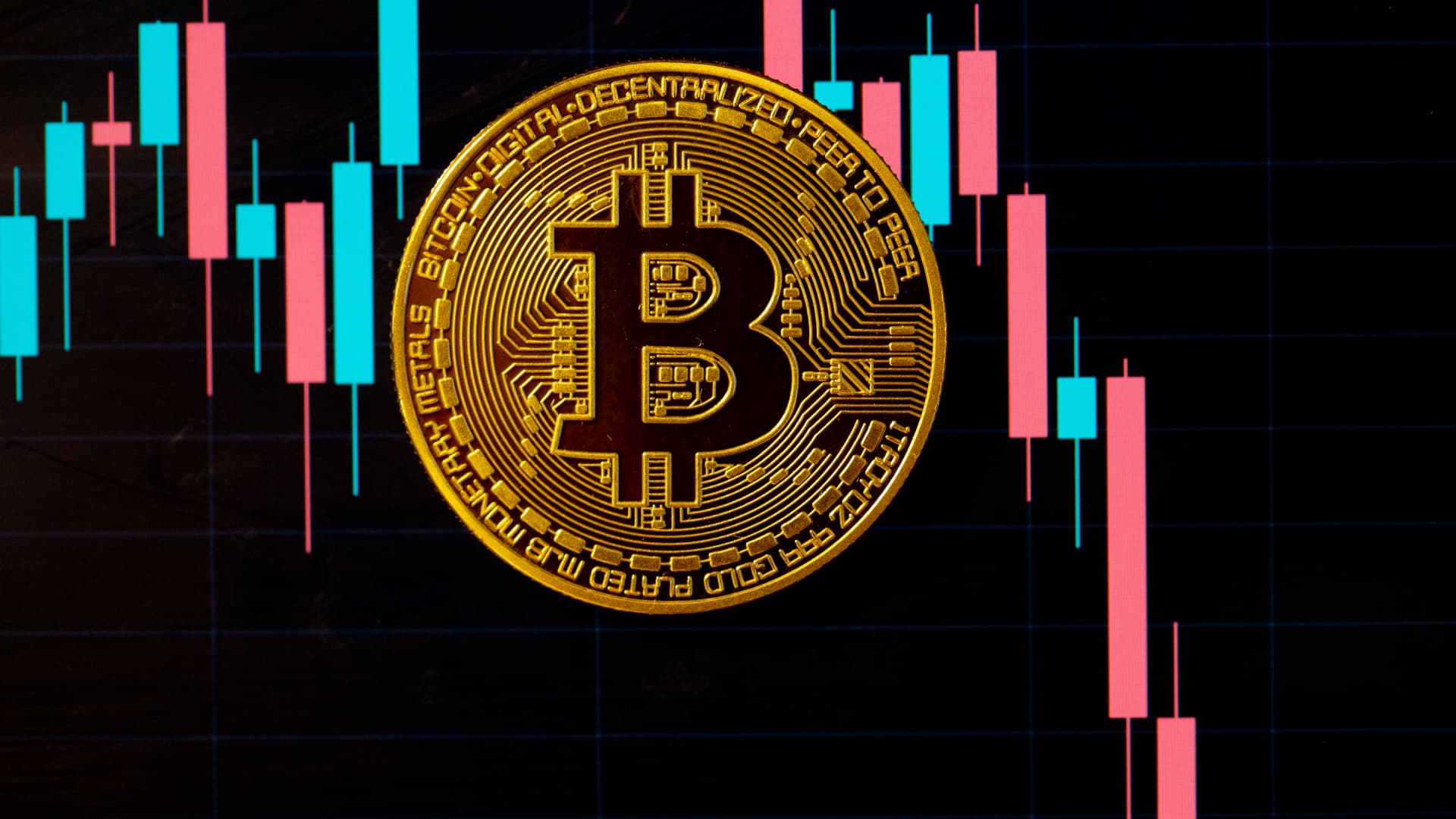Hong Kong's Hang Seng drops nearly 4% as Asia-Pacific stocks slip; oil prices surge on Russia-Ukraine conflict
U.S. Secretary of State Antony Blinken said Sunday Washington and its allies are considering banning Russian oil and natural gas imports.

SINGAPORE — Shares in Asia-Pacific declined on Monday as oil prices surged, with the ongoing Russia-Ukraine war continuing to weigh on investor sentiment globally.
The Hang Seng index in Hong Kong led losses regionally, dropping more than 4% at one point before seeing a slight recovery. The city's benchmark index closed 3.87% lower on Monday as shares of HSBC plummeted 7.09%.
Mainland China's Shanghai composite shed 2.17% on the day to 3,372.86 while the Shenzhen component slipped 3.433% to 12,573.43.
In Japan, the Nikkei 225 also saw heavy losses as it tumbled 2.94% to close at 25,221.41, with shares of robot maker Fanuc plunging 7.72%, while the Topix index shed 2.76% to 1,794.03.
South Korea's Kospi fell 2.29% to finish its trading day at 2,651.31. Over in Australia, the S&P/ASX 200 dipped 1.02%, closing at 7,038.60.
MSCI's broadest index of Asia-Pacific shares outside Japan dropped 2.7%.
Oil prices continue surging
Oil prices soared in the afternoon of Asia trading hours on Monday, with international benchmark Brent crude futures up 7.43% to $126.89 per barrel. U.S. crude futures also surged 7.26% to $124.08 per barrel.
Brent had earlier skyrocketed to as high as $139.13 per barrel — its highest since July 2008.
The sharp rise in oil prices, which already recently spiked, came after U.S. Secretary of State Antony Blinken said Sunday Washington and its allies are considering banning Russian oil and natural gas imports.
"We now see the likelihood of Russian exports being directly impacted by sanctions as very high," said Daniel Hynes, senior commodity strategy at ANZ. "The move also suggests the market was not factoring in the potential for direct sanctions on Russia oil."
Meanwhile, Commonwealth Bank of Australia's Vivek Dhar said it's plausible for Brent to rise as high as $150 per barrel in the current environment.
"Before the crisis, oil markets were particularly vulnerable to an oil supply shock with global oil stockpiles at 7-year lows and OPEC+ spare capacity under question given disappointing OPEC+ oil supply growth over the last few months," said Dhar, who is mining and energy commodities analyst at CBA.
Shares of oil firms in Asia-Pacific also saw big gains on Monday, with Beach Energy in Australia rising 6.31% while Woodside Petroleum soared 9.52% while the S&P/ASX 200's energy subindex climbed 5.25%.
Over in Japan, Inpex rose 6.81% and Japan Petroleum Exploration advanced 3.94%. Hong Kong-listed shares of PetroChina gained 4.44%.
Stock picks and investing trends from CNBC Pro:
China's exports rose 16.3% year-on-year in dollar-denominated terms in the January-February period, official data released Monday showed. That was above expectations by analysts in a Reuters poll for a 15% rise.
China had announced Saturday a gross domestic product growth target of about 5.5% for 2022.
Currencies
The U.S. dollar index, which tracks the greenback against a basket of its peers, was at 98.92 — having risen recently from levels below 97.6.
The Japanese yen traded at 114.95 per dollar, after strengthening sharply late last week from levels above 115.20 against the greenback. The Australian dollar was at $0.7408, following a general upward trek last week from below $0.72.
— CNBC's Will Koulouris contributed to this report.

 KickT
KickT 
































